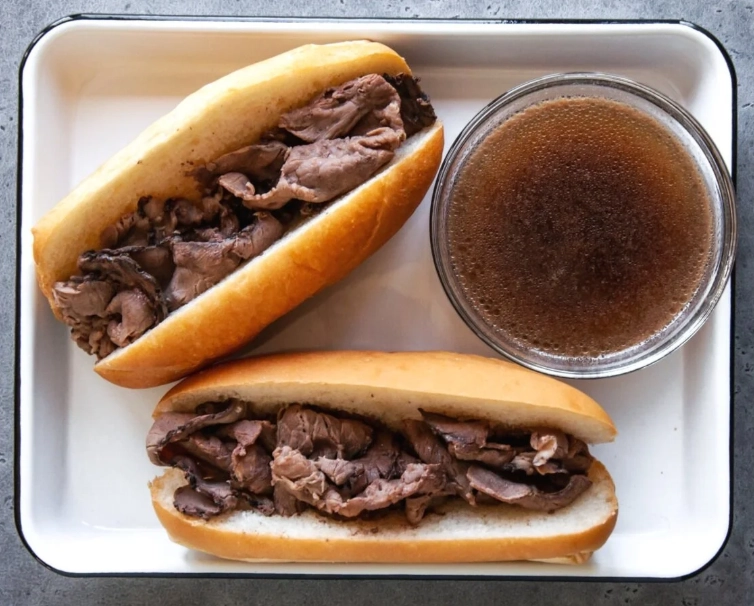In the modern workplace, travel allowances exist as a common form of compensation for employees who travel for business purposes. They are designed to alleviate the additional financial burden on employees due to work-related expenses, such as transportation, meals, and accommodation. However, many employees have doubts about whether travel allowances require invoices and their impact on personal income tax. This article will delve into this topic to provide clear answers and necessary knowledge for readers.
I. Types of Travel Allowances
(1) Fixed-amount travel allowances
Companies typically grant employees a certain amount of cash allowance according to policy regulations to cover daily expenses during business trips.
(2) Non-fixed-amount actual expense reimbursement
Companies require employees to submit documentation of actual travel expenses for reimbursement by the company.
II. Invoices for Travel Allowances
The key lies in distinguishing the nature of the allowance and the company's financial processing procedures.
(1) If the travel allowance is a fixed amount and does not require employees to submit any proof of expenditure,The subsidy is considered a part of the salary and has been accounted for in the employee's compensation through internal accounting procedures. In this case, the travel allowance is included in the employee's total income, just like regular wages, and is subject to personal income tax as stipulated by law.
(2) Travel allowance is based on the reimbursement of actual expenses
Employees must submit corresponding expense invoices or receipts to prove their reasonable expenditures during their business trips. These invoices are not only necessary documents for company audits and financial records but also serve as the basis for ensuring the compliance of the use of the subsidy. In this case, the amount of invoices submitted by the employee will be deducted from their taxable income, thereby reducing the tax base for personal income tax.
III. Exemption of travel allowance from personal income tax
Regarding travel allowances, if they are issued as a fixed subsidy without evidence of specific expenses incurred, they will be considered part of the salary and wages and are subject to personal income tax according to the provisions of the personal income tax law.
If the travel allowance is reimbursed based on actual expenses incurred, then this part of the subsidy is essentially a compensation for the employee's travel costs, not additional income, and therefore can be considered tax-exempt income.
It is important to note that tax regulations may vary by country and region. In some countries, specific travel expenses may be eligible for tax benefits or partial exemptions. Therefore, understanding and complying with local tax regulations is crucial for correctly handling travel allowances and their tax issues.
IV. Tax treatment of travel allowances
(1) Tax-exempt provisionsAccording to the relevant regulations of the State Taxation Administration, reasonable travel expense allowances are not subject to personal income tax. This part of the subsidy is considered as non-wage income directly related to work, used to compensate employees for living expenses incurred during business trips, such as meal expenses, urban transportation costs, etc. As long as these subsidies meet actual needs and have clear standards, they are generally exempt from taxation.
(2) Establishing Standards
Companies need to establish clear travel expense reimbursement systems and daily travel allowance standards. As long as the subsidy amount does not exceed the prescribed standards and is indeed used to compensate for actual expenses during the travel period, this part of the subsidy can enjoy tax-exempt treatment. If it exceeds the standard, it may need to be adjusted or included in taxable income.
(3) Accounting Treatment
Travel subsidies can be directly deducted before corporate income tax without the need to provide corresponding invoices. They should be directly listed on the travel expense reimbursement form and treated as travel expenses, not falling within the category of welfare expenses or salary compensation.
(4) Distinguishing the Nature of Subsidies
It is important to distinguish whether the travel subsidy is a true compensatory subsidy or a salary-type allowance distributed under the guise of travel expenses. If it is the latter, it should be included in the salary income and subject to personal income tax as stipulated.
(5) Compliance Requirements
When enterprises issue travel subsidies, they must ensure that the operations comply with tax laws and the specific regulations of the local tax bureau, and maintain corresponding records and proof documents for use during tax inspections.In summary, whether travel allowances require receipts and whether they are subject to personal income tax depends on the nature of the allowance and the company's financial management practices. Fixed-rate travel allowances are usually required to be included in the total salary for tax purposes, while allowances based on actual expenses may be eligible for certain tax benefits. As an employee, understanding these rules helps to manage personal finances legally and in compliance, while ensuring adherence to tax laws and avoiding potential tax risks.
Follow me for more financial and tax tips!






























Comments